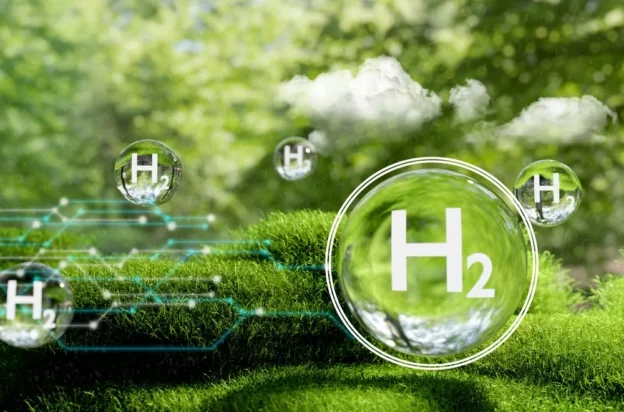During a conference of the American Association for the Advancement of Science held in Denver, Geoffrey Ellis of the U.S. Geological Survey presented an important finding: the world harbors hydrogen reserves in subway formations of approximately 5.5 billion tonsThis could cover global energy needs for several centuries.
Natural hydrogen reserves
Contrary to traditional hydrogen production, which incurs environmentally harmful emissions, recent research has revealed the existence of vast reserves of natural hydrogen. A notable example is a deposit found under Lorraine in northeastern France, which contains some 6 million tons of hydrogen, far exceeding the current global production of this gas. Also reported this month was a deposit at the Bulqizë chromite mine in Albania capable of generating more than 200 tons of hydrogen annually.
This natural hydrogen has advantages over green hydrogen, obtained through the electrolysis of water with electricity from renewable sources, which still generates certainCO2 emissions throughout its life cycle and transport. Sometimes this “white” hydrogen is found mixed with methane, requiring a separation process that could release methane into the atmosphere.
Ellis has researched extensively and is in the process of publishing a study detailing these findings. Although much of the hydrogen may be difficult to access, he argues that, even with minimal recovery, it would be possible to meet the expected demand of 500 million tons per year for centuries.
Challenges in white hydrogen extraction
The hydrogen deposits, according to Ellis, would have been formed by the reaction of iron-rich minerals with groundwater. Although its extraction could involve challenges, such as methane separation, this hydrogen source promises to be much more environmentally friendly compared to current green hydrogen production techniques.
To date, commercial explorations of white hydrogen are in their infancy, but are already attracting significant investment, according to reports in the Financial Times, indicating a growing interest in this resource as a long-term sustainable energy solution.
The prospect of accessing hydrogen reserves poses a sustainable energy revolution, but also challenges our understanding and management of natural resources. Researching and developing technologies for the efficient and environmentally friendly extraction of this hydrogen could open a new chapter in the history of energy, providing a clean and virtually inexhaustible source of energy. This path to energy sustainability reaffirms the importance of science and innovation in solving global environmental challenges.
Don’t miss any of our posts and follow us on social media!
Inspenet.com YouTube LinkedIn Facebook Instagram X
Source: hibridosyelectricos.com
Photo: shutterstock

